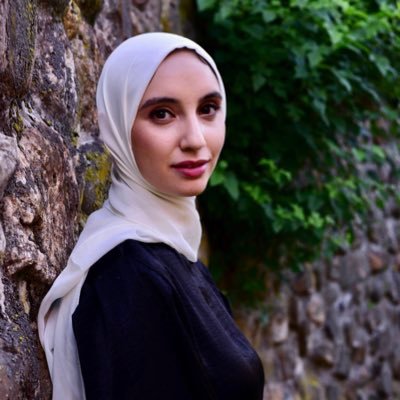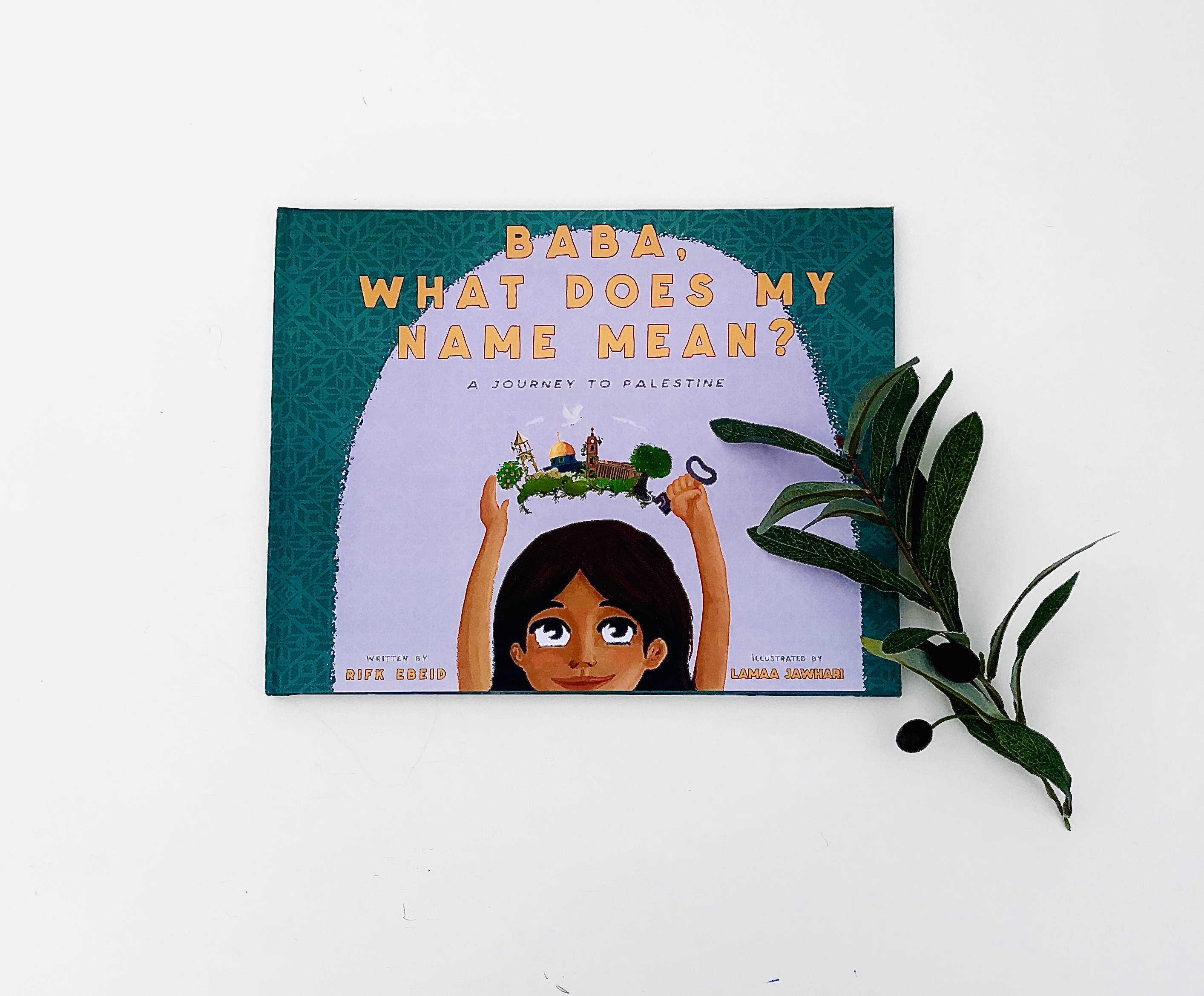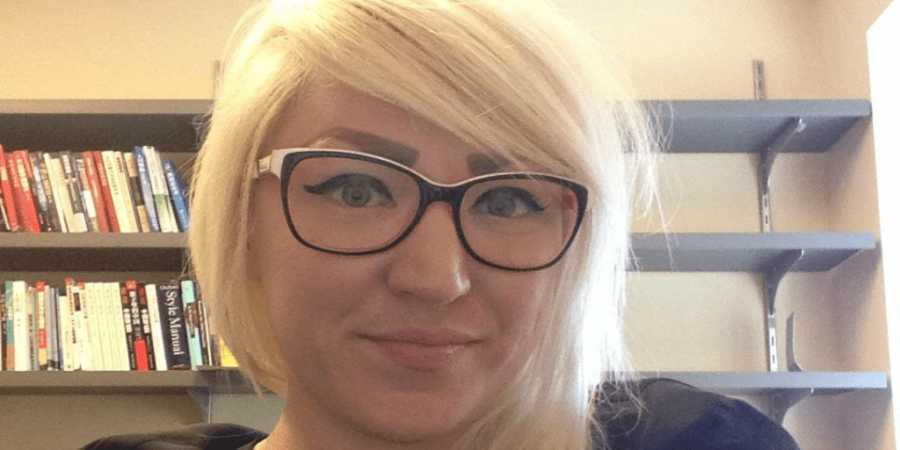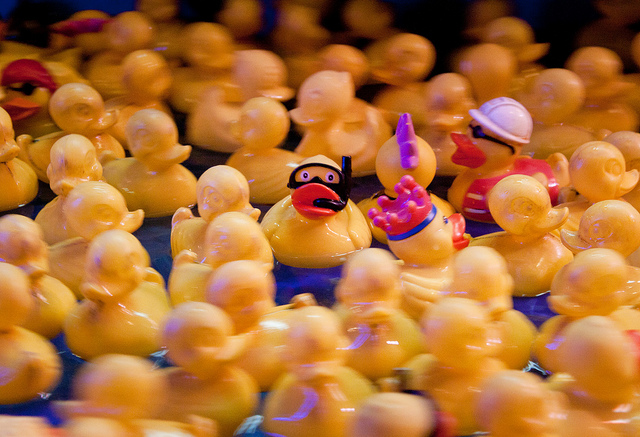Being cast as “outsiders” from the dominant Muslim community is a reality that many Shias, myself included, feel that they experience on a regular basis. This is why I’m interested in considering ways in which we can seek inclusion within the Muslim community, while being mindful of our differences. I have helped organize several discussions on both religious and social matters, including Islamophobia and Shiaphobia, understanding that many times our embodied experiences in social matters relate deeply to how we practice, and relate to, our faith.
Who are you?
My name is Shereen Yousuf. I am currently a part-time professor of introductory level communication courses, and a community organizer for the Shia Muslim community. Both my parents are from Hyderabad, India, but I was born and raised in the northwest suburbs of Chicago.
I teach intercultural communication at DePaul University and speech communication at the College of DuPage, a community college in the suburbs of Chicago. I have a master’s degree in Multicultural Communication, which basically means that I’m interested in studying what factors influence our conversations across differences of race, class, gender, sexuality, religion, and ability. More specifically, I am deeply interested in examining discourses of power and resistance, and how this informs identity construction. I’m also addicted to analyzing media representations of marginalized groups, especially Muslims. I like to think of myself as an aspiring academic.
Outside of my career ambitions, I grew up part of the Twevler Shia Muslim community. I was heavily involved in youth initiatives while growing up, and I continue to work with the youth today. Since completing my master’s degree, I have also become increasingly interested in understanding how the concepts I learned regarding power and privilege apply to the Muslim community overall, and more specifically, how it extends to the marginalizing of Shia communities in the U.S. Being casted as “outsiders” from the dominant Muslim community is a reality that many Shias, myself included, feel that they experience on a regular basis. This is why I’m interested in considering ways in which we can seek inclusion within the Muslim community, while being mindful of our differences. I have helped organize several discussions on both religious and social matters, including Islamophobia and Shiaphobia, understanding that many times our embodied experiences in social matters relate deeply to how we practice, and relate to, our faith.
Give us your favorite quote and tell us why it means so much to you:
This was perhaps the most difficult question for me to answer simply because I could not determine just one quote that resonated with me the most. To be honest, I have several quotes that speak to different parts of me. For example, there is a hadith from the sixth Shia Imam, Jafar as-Sadiq, that I find as a source of spiritual guidance:
“He who truly remembers Allah is the one who obeys Him: whoever forgets is disobedient. Obedience is the mark of guidance, disobedience the sign of misguidance. The root of both states lies in remembrance (dhikr) and forgetfulness. Make your heart the focal point of your tongue, which should not move unless the heart indicates, the intellect agrees and your tongue accords with belief. Almighty Allah knows what you conceal and what you reveal.”
I feel that this quote brings together several degrees of inter-related consciousness. I appreciate that the heart, intellect, and the embodiment of our actions are not isolated from our devotion to Allah.
On a different level, Amir Sulaiman’s performance of his poem “Dead Man Walking” is also something I find myself gravitating towards watching from time to time. Even though he speaks about himself and his experiences as a poet, there are several parts of his piece that resonate with me. In particular, he expresses his yearning for justice and attempting to negotiate, question, and generally figure out what that would look like and means to him. As a poet, I feel he identifies that tension and desire for justice better than I could articulate it. This, coupled with his actual performance, is what I find very powerful about his poem. The youtube clip is below:
https://www.youtube.com/watch?v=7RcX4ILcpBc
Islamic Perspective:
What Ayahs of the Quran do you hold close to your heart? Why?
“And of His signs is the creation of the havens and earth and the diversity of your languages and your colors. Indeed in that are signs for those of knowledge” (Surah 30, ayat 22)
Throughout the Quran, we are encouraged to look to signs that Allah has bestowed upon us so that we may know Him. In this verse, I feel that Allah encourages us to look to our fellow humanity as one of those signs which is so beautifully connected to “those who have knowledge,” as if the process of acquiring knowledge about those that are different from ourselves, in-part through our very interactions with them, serve as a sign of Allah’s mercy and compassion. I find this to be especially true in my own experiences of building solidarity, especially along interfaith and intra-faith lines
What Hadith do you wish more non-Muslims knew?
”Habituate your heart to mercy for the subjects and to affection and kindness for them. Do not stand over them…since they are of two kinds, either your brother in religion or one like you in creation.”
This is actually a line from a letter that Ali ibn Abu Talib wrote to his deputy to Egypt, Malik al-Ashtar. I would want to share this with non-Muslims because I believe the entire letter serves as a source of guidance for how we, Muslims, are instructed to behave when we occupy a position of authority over others.
The “Ten”:
1. What is your favorite book?
I know this might be cheesy given the media hype over the movies, but I was thoroughly obsessed with reading The Hunger Games trilogy, and the Harry Potter series.
2. Who inspires/inspired you?
My dad serves as my inspiration. He dedicates so much of himself to the community, and is extremely loyal to his friends and family. What’s more is the degree of humility he exudes when doing so. He is also a perpetual student that is always opening himself to learning more.
3. What is the best lesson your mother/mother figure taught you?
My mother is one of the most self-less people I know. She continues to teach me what it means to give all of yourself to those you care for, and how to do so as if it’s effortless.
4. What advice would you give your 13 year old self?
Stop looking to others to validate how intelligent you are, and to just generally give yourself more credit. Don’t let others bring you down, and try not to bring yourself down by comparing yourself to others, especially your admittedly amazing older sister.
5. What are your hopes for your daughter and son?
That they don’t ever feel ashamed or invalidated for being who they are. This can be on the basis of their age, class, sexuality, gender, ethnic background, ability, or faith.
6. What is the biggest trial you went through in your life and how has that changed you?
I still think that one of the biggest trials I went through was being teased as a child for wearing hijab, or the headscarf. I started when I was ten years old, and I was called “towel head” throughout the whole of my fifth grade year while simultaneously becoming the pariah of my classroom. Despite crying almost every day in the fifth grade, I kept wearing it because I could not rationalize “not having friends” as a legitimate reason to disobey Allah. Though I’ve developed different sensibilities to the topic of hijab, I think knowing that ten year old Shereen had that degree of conviction and faith in Allah helps orient me when I face similar struggles today.
7. Any regrets? What’s something that you wish you’d thought about more before you did it?
No regrets. I think every mistake I made warranted a learning experience that I would’ve otherwise not grasped had I not gone through it.
8. How do you stay grounded in your work and/or spiritually grounded?
I try to do a little more than the basic requirement of praying five times a day whether that be reading Quran, or reading a dua (or supplication). However, I think the biggest thing that has helped me in this regard is writing journal entries, each of which begin with “Dear God.” It helps me to converse with Allah, and often times, leads me to confront matters that I would have otherwise avoided had I not been speaking to the “All-Knowing.”
9. How do you bring about real change?
I think when you are attempting to create change it is likely that you will encounter instances in which people will try to silence, question, or otherwise invalidate you, and other times in which you might intentionally or unintentionally hurt and offended others. I think the process of having to either stay firm in your beliefs, or apologize for your blunders, require an exhausting amount of strength and courage. This is why I feel that “real change” begins with learning how to combat the “self” first. I believe that learning how to abandon your ego, or even recognizing its presence, is a continuous struggle that should be constantly revisited if you want to see yourself as a genuine tool for change.
10. What do you hope to be remembered for?
Being God-fearing and selfless. I would hope that people never feel apprehensive asking me for help, and that I, in some way, make people think about Allah more when they are around me.
Video Message from Shereen:
More about Shereen:
Facebook: https://www.facebook.com/shereen.yousuf.52
Twitter: https://twitter.com/ShereenYousuf
Sabina Khan-Ibarra is the founder of Muslimah Montage, a platform for women to share their own stories. Muslimah Montage’s profiles are now a part of altM. She is a writer, activist, women’s rights advocate and active member of Muslim Anti-Racism Collaborative.




